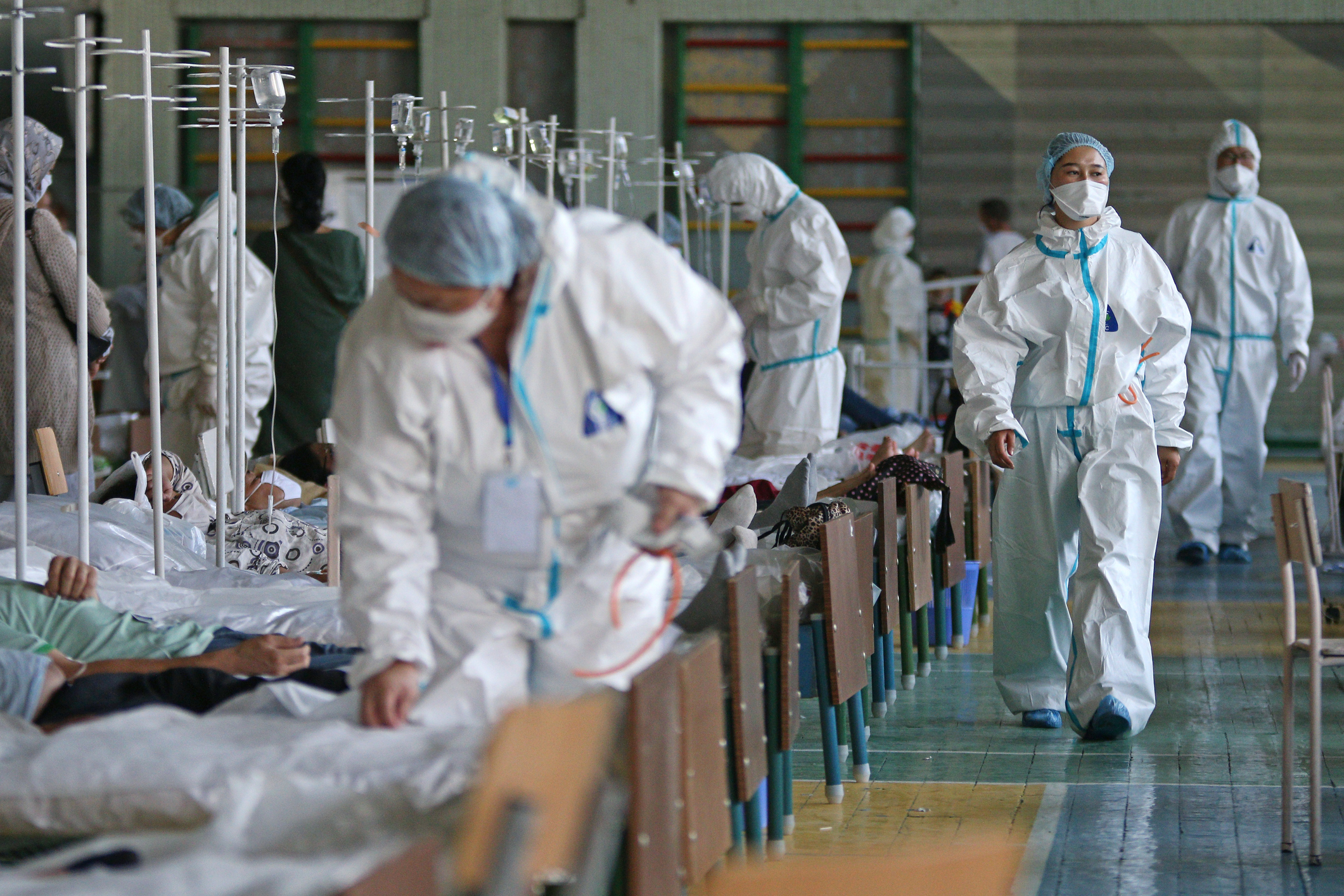Health and Science Social Media Strategic Communication

Responding to a Health Crisis on Facebook: The Effects of Response Timing and Message Appeal
When something bad happens, the public wants to know in a manner that is both timely and appropriate. A timely response during a crisis is critical because the speed of crisis response can influence the success rate of crisis management efforts, teams, and strategies.
With the increase in reach of social media, crisis response communication is more important than ever. Posting the appropriate response at the right time builds public trust and increases public support of an organization, team, or industry.
Marcia DiStaso, University of Florida College of Journalism and Communications Public Relations Department professor and chair, and Yan Huang from the University of Houston, wanted to further explore the impact of timing and message appeal of a health crisis response on social media. (Note: This research was conducted before the COVID pandemic.)
For the study, the researchers created the scenario of a highly contagious disease that occurred in a hospital and resulted in the deaths of seven people, including patients, doctors and nurses.
Defined as “an unexpected event that might cause undesirable outcomes to an organization and its stakeholders,” crises are, by definition, unpredictable and negative experiences. The researchers investigated whether a crisis response posted on Facebook using an emotional appeal could elicit greater trust and perceived reputation for an organization than a rational appeal, and in what time frame the appeal was most effective.
They found that emotional appeal generated greater trust and more favorable organizational reputation than a rational appeal. Emotional appeals also led to more “likes” on the Facebook posts. However, it is important to note that “likes” are an acknowledgement of a post and do not necessarily indicate if the user agrees or disagrees with the message.
Findings show that response timing can significantly affect stakeholders’ trust in the organization. Notably, a response posted between one hour and one day was considered most credible. After that, credibility began to decline, with a response posted within one week as taking too long to be effective.
Ultimately, this study demonstrates that while a rational appeal leads to greater sharing and commenting of the message, leading in turn to greater message dissemination, results show that an emotional appeal is stronger than a rational one, because it allows organizations to show their “human” side.
Facebook was the only social media platform used, so expanding to other platforms in future studies is warranted. While the effects of an emotional appeal were part of the study, this does mean that sadness and compassion were elicited by respondents overall. Future studies should focus on timing without also considering emotional versus rational responses to see if the results of timing are affected.
The original research paper, “Responding to a Health Crisis on Facebook: The Effects of Response Timing and Message Appeal” appeared in Public Relations Review, Volume 46, 2020.
Authors: Yan Huang, Marcia DiStaso
This summary was written by Marie Morganelli, Ph.D.
Posted: October 6, 2021
Tagged as: Crisis Communication, health, Marcia DiStaso


